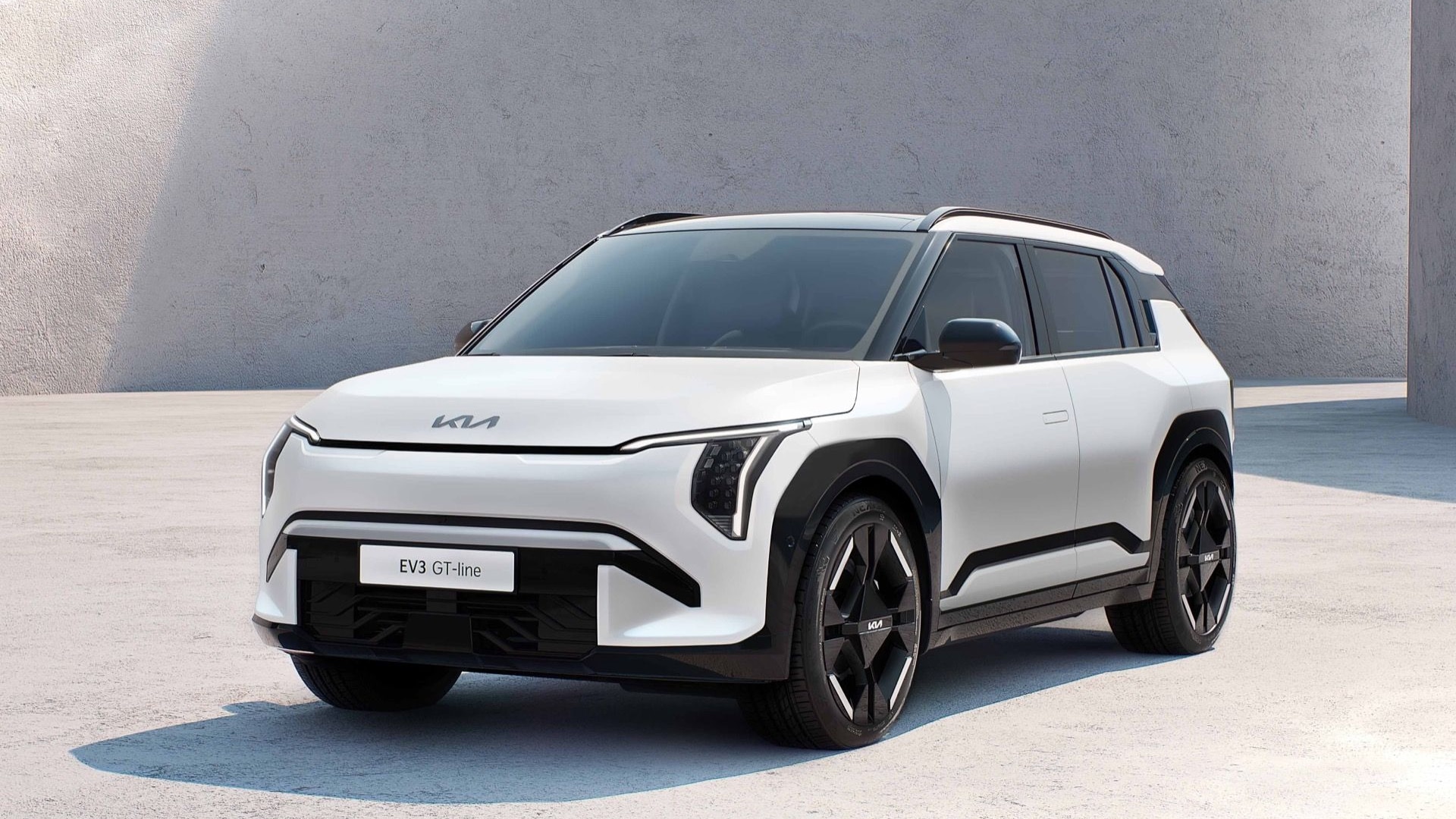20Shift: Your Daily Dose of Insight
Stay updated with the latest trends and news across various domains.
Watt's the Deal with Electric Cars?
Discover the shocking truth about electric cars! Join us to explore their benefits, myths, and what makes them the future of driving.
Exploring the Benefits of Electric Cars: Why Go Green?
As the world shifts towards sustainability, electric cars have emerged as a compelling alternative to traditional gasoline vehicles. One of the primary benefits of electric cars is their reduced environmental impact. Unlike conventional vehicles, electric cars emit zero tailpipe emissions, significantly lowering air pollution in urban areas. Additionally, many electric vehicles (EVs) are powered by renewable energy sources, further decreasing their carbon footprint. For more insights on the environmental impact, check out EPA's official website.
Beyond their environmental advantages, electric cars offer substantial cost savings for drivers. Lower fuel costs and reduced maintenance expenses contribute to an overall decrease in ownership costs. According to research by the U.S. Department of Energy, electric vehicle owners can save thousands of dollars over the lifespan of the vehicle compared to their gasoline counterparts. With government incentives and rapidly expanding charging infrastructure, making the switch to electric cars is becoming more accessible and advantageous than ever.

Common Myths About Electric Cars Debunked
Despite the growing popularity of electric cars, several myths continue to cloud public perception. One common misconception is that electric vehicles (EVs) are not suitable for long distances due to limited range. However, advancements in battery technology have dramatically improved this aspect. Many modern electric cars can now travel over 300 miles on a single charge, making them viable for long road trips. Additionally, with the expansion of fast-charging stations, drivers can easily recharge their vehicles during breaks.
Another prevalent myth is that electric cars are too expensive for the average consumer. While it's true that some electric vehicles may come with a higher upfront cost, total ownership costs can be significantly lower when considering savings on fuel and maintenance. In fact, the U.S. Department of Energy estimates that EV owners can save thousands over the lifetime of their vehicle. With various federal and state incentives available, the initial price of electric cars is becoming more competitive, making them a cost-effective alternative in the long run.
How Do Electric Car Charging Stations Work?
Electric car charging stations are essential infrastructure that enables electric vehicle (EV) owners to recharge their cars' batteries. These stations come in various types, including Level 1, Level 2, and DC Fast Charging stations. Level 1 stations use a standard household outlet and are generally slower, making them suitable for overnight charging. In contrast, Level 2 stations offer faster charging capabilities and are commonly found in public charging locations such as parking lots and shopping centers. DC Fast Charging stations deliver a rapid charge, allowing EV owners to regain significant battery power in a short amount of time, making them ideal for long road trips.
Charging an electric vehicle typically requires a charging cable that connects the vehicle to the charging station. The process begins when the EV owner plugs in their vehicle, which initiates a communication protocol between the two systems to determine the optimal charging speed and duration. Most stations are equipped with smart technology that enables features such as monitoring charging status and managing billing processes. Additionally, many public charging stations offer mobile applications that help users find nearby locations, check availability, and even reserve charging spots in advance. To learn more about how electric vehicle charging works, check out this informative resource from Edmunds.